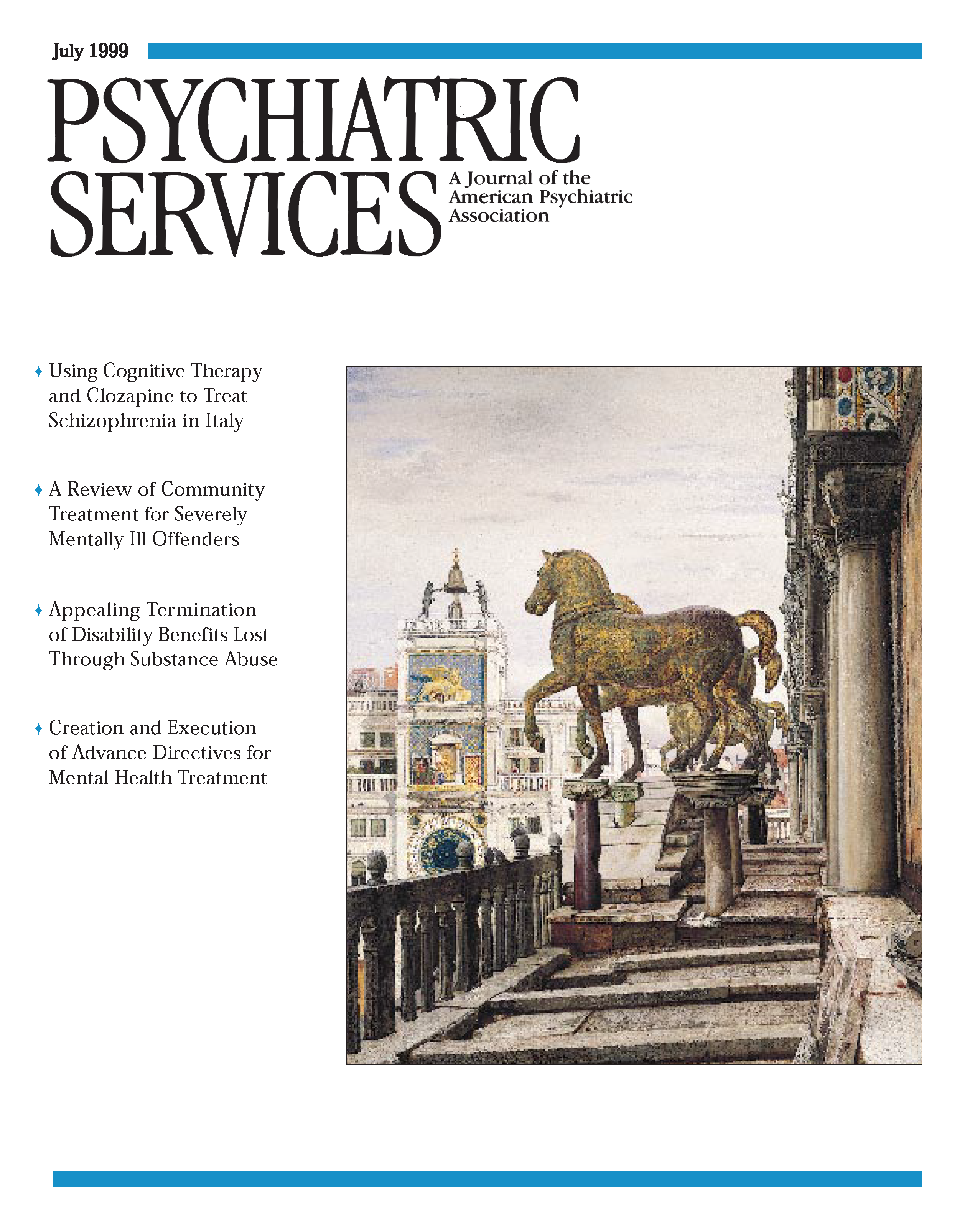Several recent publications in the mental health field have begun to address theoretical and treatment approaches for one of the fastest-growing immigrant groups in the United States, Asian Americans. However, few of these endeavors have attempted to formulate approaches focusing exclusively on the unique mental health needs of Chinese Americans.
Chinese American Family Therapy is the first work to provide a culture-sensitive approach that integrates treatment modalities based on the three great Chinese philosophical traditions of Confucianism, Taoism, and Buddhism and on contemporary family theories into a comprehensive guide for treatment of Chinese-American families.
Using his own biography as the introduction to his theory, Marshall Jung vividly describes his experiences as a Chinese American who at various points in his life has been immersed in different cultures, including his Chinese immigrant family, his adopted African-American family, and his Mexican-American community. The vicissitudes of the pain and cultural conflicts he experienced resonate well with those of many immigrants to the United States. Jung's ability to confront and successfully resolve his personal cultural conflicts heightened his sensitivity to the importance of cultural factors in the therapeutic encounter. The narrative of his personal experience sets the stage for his formulation of the theory of Chinese-American family therapy.
The author amalgamates Chinese cultural perspectives with six different contemporary family treatment models—structural family therapy, strategic therapy, planned short-term treatment, rational-emotive therapy, solution-focused therapy, and contextual family therapy—in crafting the rationale for the therapy he describes. He is quite successful in drawing the implications of each modality for Chinese-American families.
The author effectively uses five clinical cases to demonstrate his theoretical approach and specific interventions; these cases bring to life the importance of a pragmatic, integrated approach to assist Chinese-American families. The clarity of Jung's thinking and the detailed discussion of his approach make the book easy reading and understandable by both Chinese and non-Chinese mental health professionals.
The last chapter contains some useful statistics on the needs for mental health, social, and child welfare services for Chinese-American families in the United States. These figures highlight the need for more funding and other resources for Chinese-American communities, including additional culturally competent bilingual and bicultural professionals.
This book debunks the myth of the "model-minority" status of the Chinese-American family. It further dispels the myth of the homogeneity of Chinese families. Clinicians are reminded to attune themselves not only to the varying subcultural backgrounds of Chinese-American families but also to linguistic and generational differences. At the initial assessment of a Chinese family, it is vitally important to quickly establish rapport through the application of cultural protocols. Furthermore, for U.S.-born Chinese Americans, the influence of Confucianism, Taoism, and Buddhism may not be as potent as for the older generation. Therefore, the treatment approach must be adjusted to fit the right family constellation.
Overall, this book is a very practical and useful guide for students, teachers, and mental health professionals interested in working with Chinese-American families.

